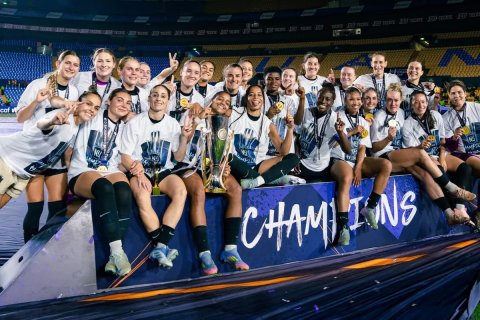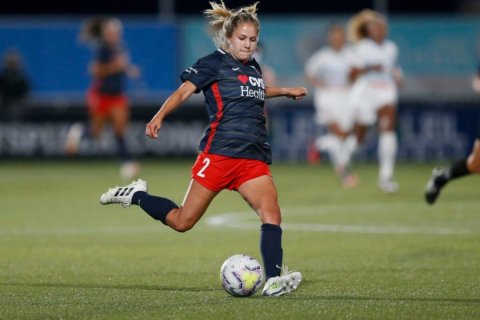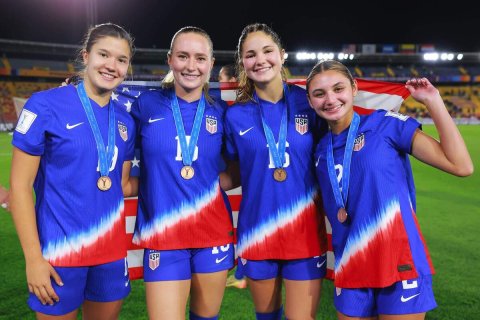From victory on the field to revolution off it, the Spanish women’s national soccer team has redefined what it means to win.
A Historic Victory That Shook the World
In the summer of 2023, the Spanish women’s national soccer team achieved what was once thought improbable: they were crowned World Champions. Defeating England in a tense and emotional final, Spain not only lifted the FIFA Women’s World Cup trophy for the first time but also etched their names into the annals of sporting history. This wasn’t just a win—it was a paradigm shift.
The match itself was a display of tactical brilliance, emotional resilience, and unbreakable unity. Despite internal struggles with the federation and a publicized dispute with their coach, the team’s on-field chemistry was undeniable. Olga Carmona, who scored the winning goal, became a symbol of grace under pressure, while Aitana Bonmatí dominated the midfield, eventually taking home the Golden Ball as the tournament’s best player.
Their triumph reverberated far beyond the pitch. It sent a clear message to the world: women’s soccer is here to stay, and it demands both attention and respect.
The Road Was Anything But Easy
Before the glory, there was struggle—deep, systemic, and personal. Just months prior to the World Cup, fifteen players from the national team walked away in protest, citing concerns over their mental health and working conditions under coach Jorge Vilda. This internal crisis could have broken any team, but the Spanish squad used it as fuel. Those who remained—or later returned—did so with purpose.
The tension between players and management cast a long shadow, but it also sparked an overdue conversation about institutional reform, professionalism, and the rights of women athletes. Instead of crumbling under pressure, the Spanish women rose, showing the world that excellence can emerge even in adversity.
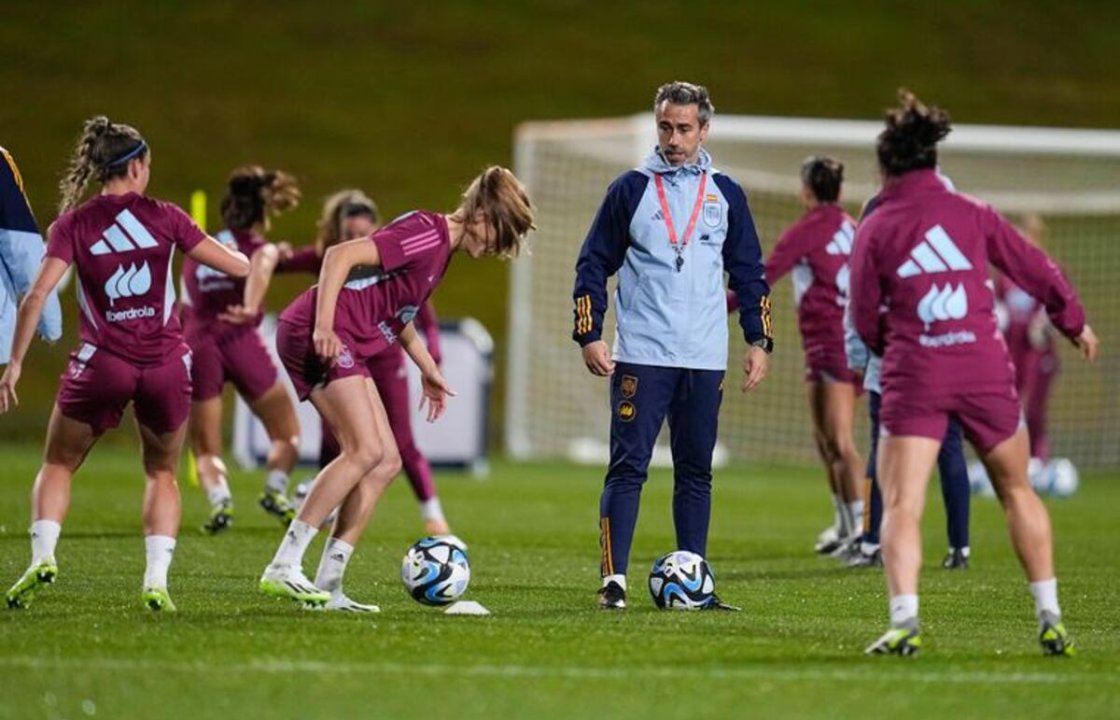
A Cultural Earthquake in Spain
Spain is a country that lives and breathes football. For decades, though, that passion has been overwhelmingly focused on the men’s game. That changed on the night of the World Cup final. Millions of Spaniards, from big cities to small villages, tuned in. Celebrations erupted in plazas, bars, and living rooms. For the first time, little girls across Spain saw themselves reflected in champions wearing red.
The team’s victory became a national event, transcending gender and sport. It sparked debates on talk shows, inspired art and music, and forced the media to reconsider how they covered women’s sports. Merchandise sales for the women’s national team soared. Attendance at Liga F (Spain's top women’s league) games spiked dramatically in the following months. Most significantly, the win led to a dramatic increase in youth enrollment in girls’ football programs across the country.
No longer was women’s soccer considered “second-tier.” It was now mainstream, marketable, and magnetic.
The Global Impact: Ripples Across Borders
Spain’s success sent ripples well beyond its borders. In many ways, the team became the torchbearers for a broader movement. Other federations took note of how much Spain had to overcome internally to reach glory, and it prompted renewed scrutiny of governance, gender equity, and investment in women’s football.
FIFA also faced pressure to increase prize money parity and to offer greater support for women’s tournaments. The corporate world, too, saw the potential: brands that had once hesitated to sponsor female athletes now scrambled to align with these new icons. Spain’s players became global ambassadors, not just for football but for women’s empowerment.
In a way, their World Cup win became a blueprint for what women’s sports can look like when talent meets opportunity—even in the face of institutional resistance.
Breaking the Silence: The Rubiales Controversy
Yet, no story of this victory would be complete without mentioning the controversy that followed. In the midst of the celebration, Spanish Football Federation President Luis Rubiales kissed player Jennifer Hermoso on the lips without her consent. The moment, captured on live television, sparked outrage.
Hermoso’s statement that the kiss was not consensual ignited a national and international firestorm. What should have been a pure moment of celebration became a catalyst for a reckoning. Rubiales’ refusal to resign and his inflammatory defense further fueled protests. The “Se Acabó” movement (“It’s Over”) was born, not just in sport, but across workplaces and social circles in Spain.
Players refused to return to the national team unless significant structural changes were made. Public demonstrations, solidarity from athletes worldwide, and growing pressure finally led to Rubiales’ resignation and the dismissal of Vilda. These consequences marked a rare moment where athlete advocacy led directly to leadership accountability.
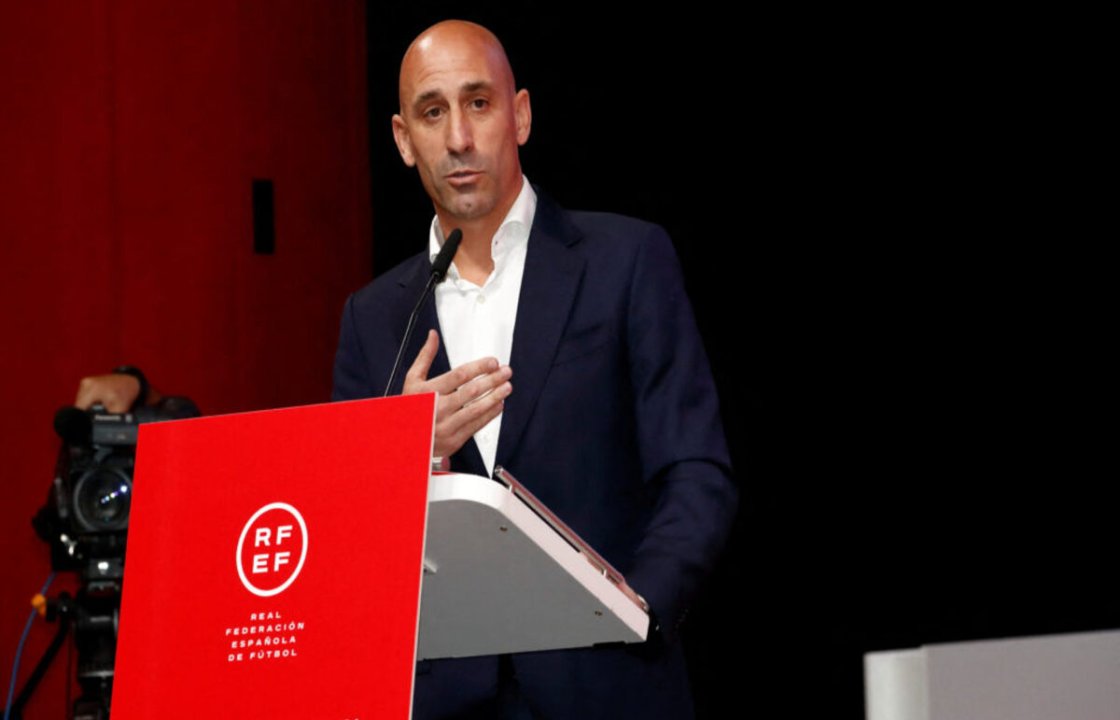
A Legacy Still in the Making
What the Spanish women’s national team accomplished was more than a fleeting victory—it was a seismic shift. They changed how a country viewed its athletes, how the world saw women in sport, and how institutions must respond to calls for justice.
Their journey—from protest to podium, from internal division to international unity—illustrates the power of resilience. They didn’t just win a trophy. They inspired a generation, disrupted outdated power structures, and pushed women’s soccer into a new era.
Today, the consequences of their triumph continue to unfold. More investment is being directed toward grassroots programs. Media coverage is becoming more balanced. And perhaps most importantly, young players—especially girls—now dream bigger. Because Spain’s golden generation has shown them that glory is possible, and that sometimes, victory means more than just a final whistle.
Inspiring the Next Generation at SIA Academy
At SIA Academy, the incredible journey and triumph of the Spanish women’s national team have served as a powerful source of inspiration for our players—especially the young women training with us. Their story reinforces our mission to provide an inclusive, high-performance environment where talent can flourish regardless of gender. We are more committed than ever to developing individualized training programs, promoting leadership on and off the field, and ensuring our female athletes receive the same level of professional support and visibility as their male counterparts. The Spanish team’s victory proves that when given the right tools, mentorship, and opportunities, greatness is not only possible—it’s inevitable. At SIA Academy, we’re proud to be part of that growing legacy, helping shape the future champions of the game.


